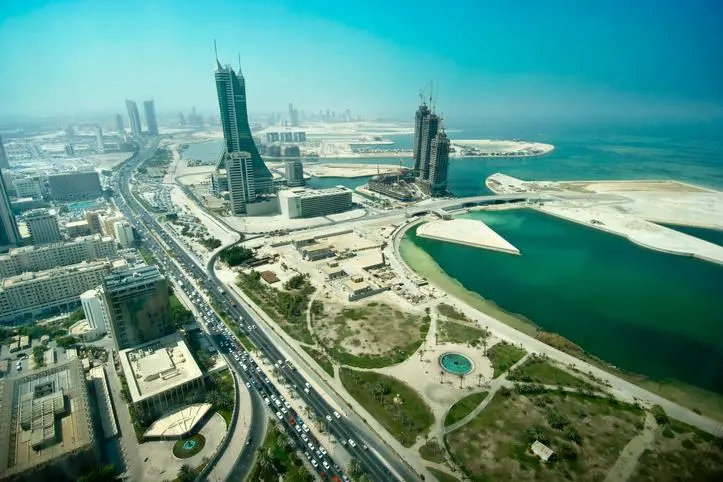PHOTO
New municipal projects including public parks and markets will be pushed back under a ‘rethink approach’ to help the country recover from the financial impact of Covid-19.
However, existing projects taking place across the country will not be affected, according to Capital Trustees Authority director general Mohammed Al Sehali.
During a remote meeting held on municipal challenges created by the pandemic, the government official stressed that upcoming projects have to be removed from the spending plan for the foreseeable future in order to ensure sustainability.
He explained that some of the new municipal projects on the list include markets, public parks, gardens, walkways and road beautification.
“All government spending needs to be directed towards combating the spread of Covid-19 and providing care and treatment,” said Mr Al Sehali.
“Therefore, new projects are a luxury at this time and until Bahrain witnesses proper recovery.
“We are not going to throw out plans for new projects, but our future list needs to be drawn up according to highly vital and emergency needs.
“Everyone is aware about the pressure on government coffers but even with that the existing projects will continue and so will maintenance works.
“Everything is set for thorough assessment across Bahrain’s four governorates as we study the projects case by case.”
The remote meeting was attended by members of Parliament, the Capital Trustees Board and municipal councils, along with senior government officials and community representatives.
Works, Municipalities Affairs and Urban Planning Ministry assistant under-secretary for common municipal services Shuwqia Humaidan also reiterated that work on several existing projects was going ahead as scheduled.
“Work on new coastal walkways are underway and work on the Water Garden is nearing completion,” she said.
“Also, based on assessment and with walkways seeing an influx of people during these times, there are plans to install more fitness and sports equipment in existing and future projects when the economy recovers.”
Parliament’s human rights committee chairman Ammar Al Bannai said Bahrain’s development continued despite the virus outbreak, as other countries in the region came to a standstill.
“The construction sector in Bahrain is still working with efficiency and respect for labour and human rights in secure worksites,” he said.
“The country’s progress is ongoing even with Covid-19 having its toll on normality in Bahrain and the region.
“Current municipal projects are already ahead of schedule, so any new ones in the pipeline have to wait until the end of 2022 when we properly recover.”
The GDN reported in May that major setbacks to infrastructure and urban projects planned for the next decade are expected as the financial devastation caused by the pandemic continues.
A replanning of the government’s Master Plan 2030 has been called for by legislators in order to ensure core development projects are not affected and to study which projects have to be cancelled.
The Cabinet also said in May that it will slash the operational budgets of ministries and government departments by 30 per cent.
Reschedule
A number of construction and consulting projects will also be rescheduled to absorb emergency and emerging expenses to combat the spread of the virus within the ceiling of the 2020 national budget.
Justice, Islamic Affairs and Endowments Minister Shaikh Khalid bin Ali Al Khalifa also told legislators in May that Bahrain is expected to fully overcome the effects of Covid-19 within around two years.
“Even one setback in a scheduled project means other related projects will have to be delayed,” said Parliament’s public utilities and environment affairs committee vice-chairman Ahmed Al Demistani during the meeting.
“This means everything that has been planned for the next decade, through the Master Plan 2030, will have to be changed.”
In March Bahrain launched a BD4.3 billion economic stimulus package to offset the impact of Covid-19, which included paying for wages of Bahrainis in the private sector for three months, deferring loan instalments for six months, shouldering utility bills for three months, waiving government fees and helping small and medium enterprises.
A smaller package has been introduced this month to help the most affected establishments in the private sector.
mohammed@gdn.com.bh
© Copyright 2020 www.gdnonline.com
Copyright 2020 Al Hilal Publishing and Marketing Group Provided by SyndiGate Media Inc. (Syndigate.info).





















